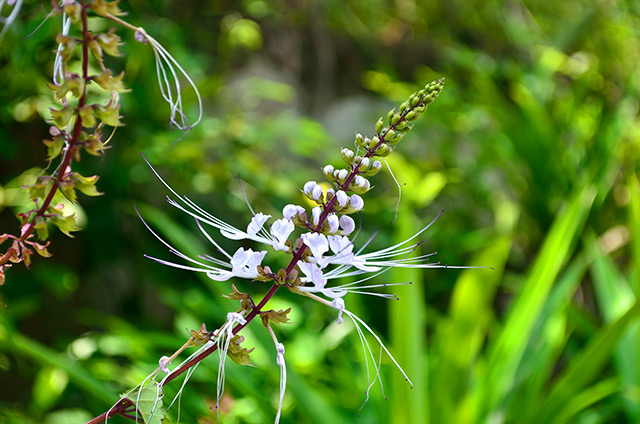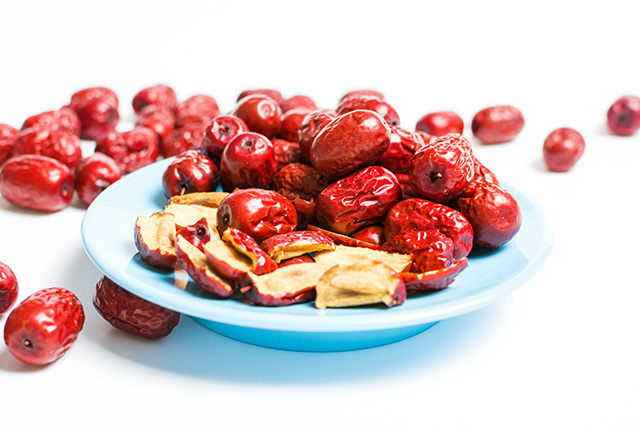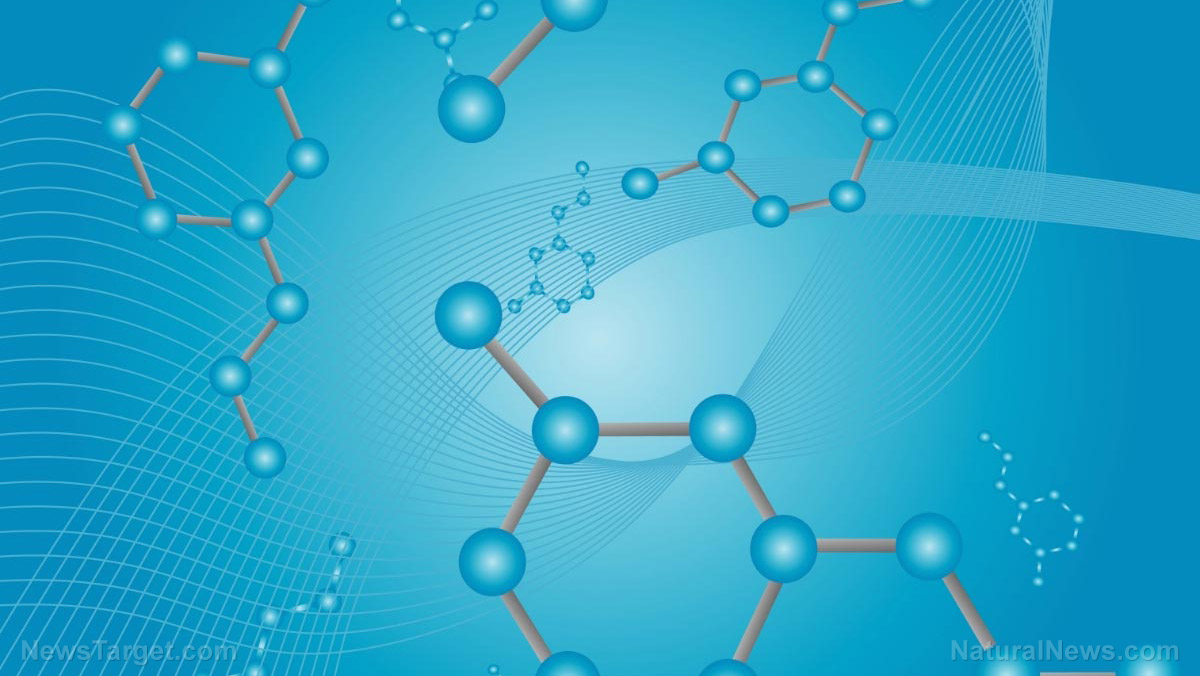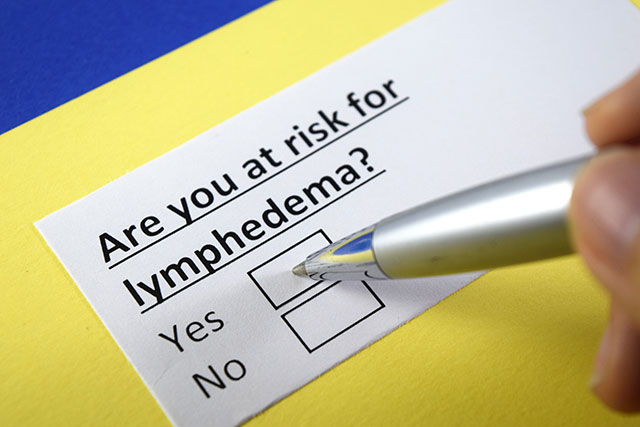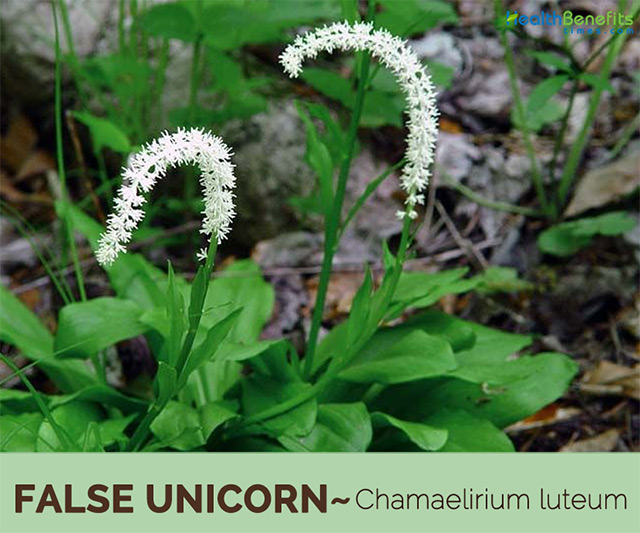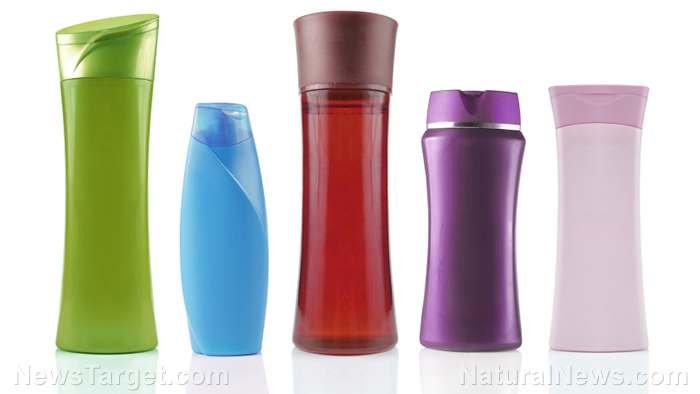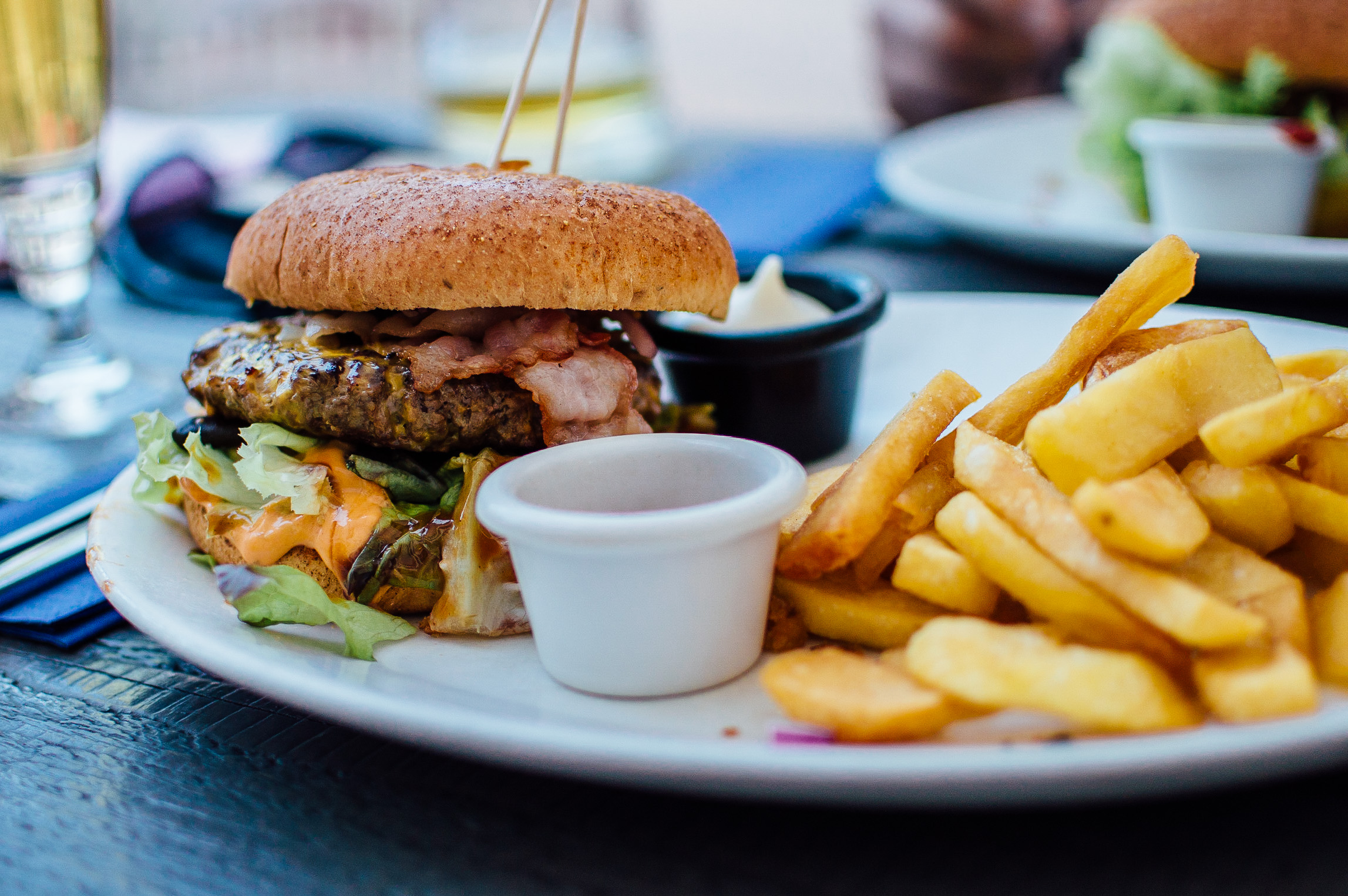Supplements for IBS and IBD: 10 natural remedies to put out the fire in your gut
07/23/2018 / By Rhonda Johansson
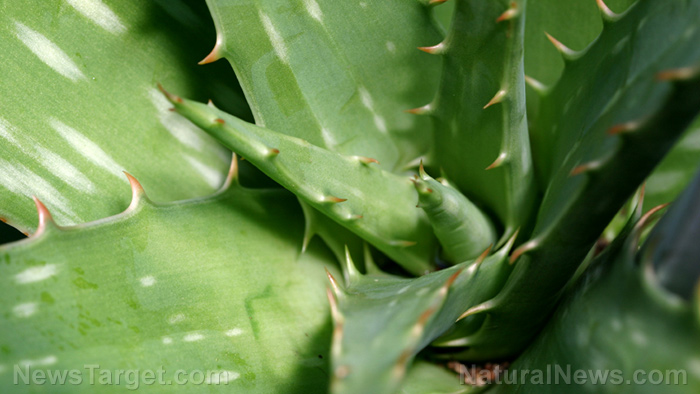
Studies have stated that around half of patients suffering from inflammatory bowel disease (IBD) or inflammatory bowel syndrome (IBS) take some form of nutritional supplement. Countless research emphasizes the importance of proper supplementation in the prevention, management, and treatment of both gastrointestinal disorders. That said, nutritionists vary in their opinion on which supplement is the “best.” From probiotic-prebiotic aids to butyric acid enemas, the layperson can find themselves confused.
We’ve taken the liberty of listing down 10 of the more commonly taken supplements and how effective they truly are in alleviating symptoms associated with IBD and IBS. (h/t to IntegrativePractitioner.com.)
- Fish oil — Much has been said on the healing properties of fish oil, including its potential use in IBD. Clinical trials linking an association between fish oil intake and chronic inflammatory diseases suggest that the supplement may prove useful in the prevention of IBD. These studies do caution that fish oil is not an effective remedy for acute symptoms of these inflammatory diseases; instead, its reactions with the gut simply make the gastrointestinal tract stronger and less likely to become inflamed.
- Vitamin D — The “sunshine vitamin” benefits more than the bones. There are studies that have concluded that those who are deficient in the vitamin are more likely to develop such conditions as IBD and IBS. Why this is so remains unclear, but scientists recommend upping your intake of vitamin D as a preventive measure.
- Probiotics — There are mixed results regarding how beneficial probiotics are in treating IBD. As with fish oil, the use of probiotics is mostly preventive. It has little to no effect on inflammatory conditions already present. Taking in more probiotics may lessen the severity of the disease (particularly with the pain) but is not a solid option for curing it.
- Prebiotics — This is another preventive supplement and is more effective when combined with probiotics. Both prebiotics and probiotics work together to create a healthier digestive profile. This in turn should influence how your body processes food. There are hypotheses which state that continued and diligent supplementation of prebiotics and probiotics help treat IBD and IBS over time.
- Wheatgrass — A randomized, double-blind, controlled study found that wheatgrass taken as a juice for four weeks significantly reduced the severity of IBD and IBS.
- Aloe vera — The plant is known for its soothing properties and is a moderately effective treatment for IBD. One study observed that aloe vera is relatively good at reducing the symptoms of inflammatory conditions.
- Frankincense — Researchers have concluded that this traditional Ayurvedic remedy is useful in treating IBD. The effects are most notable after a six-week period, so patients are asked to be a little bit patient in discerning the therapy’s efficacy.
- Germinated barley foodstuff (GBF) — Japanese trials on GBF (which are mostly dietary fiber and glutamine-rich protein) found that these act like prebiotics and can strengthen the gut by introducing more friendly bacteria into it. Nevertheless, it is not effective for the treatment of acute conditions.
- Polyphenols — These are the phytochemicals found in plants. Claims made on polyphenols are based on data which show their usefulness in boosting and modulating the immune system. Their exact relationship with the gut is not as well-researched, but it is believed that introducing more polyphenols into one’s diet will help manage IBD through the strengthening of overall health.
- Curcumin — This is the pigment that makes turmeric so unique. Scores of research have proven the healthful benefits of curcumin for the treatment of various diseases. IBD is no different. Take note though that the therapeutic advantages of curcumin are greater when it is taken in conjunction with a healthier diet. (Related: Suffering from Inflammatory Bowel Disease? A healthy diet may help ease your pain.)
Apart from these supplements, gastrologists all agree that IBD and IBS are better treated when the patient learns how to manage their stress levels, does not engage in harmful behavior (such as alcoholism or smoking), and becomes more physically active.
You can learn more alternative methods to treating inflammatory conditions at Cures.news.
Sources include:
Tagged Under: IBD, IBS, inflammatory bowel disease, inflammatory bowel syndrome, natural cures, natural remedies, nutrition, suppements






